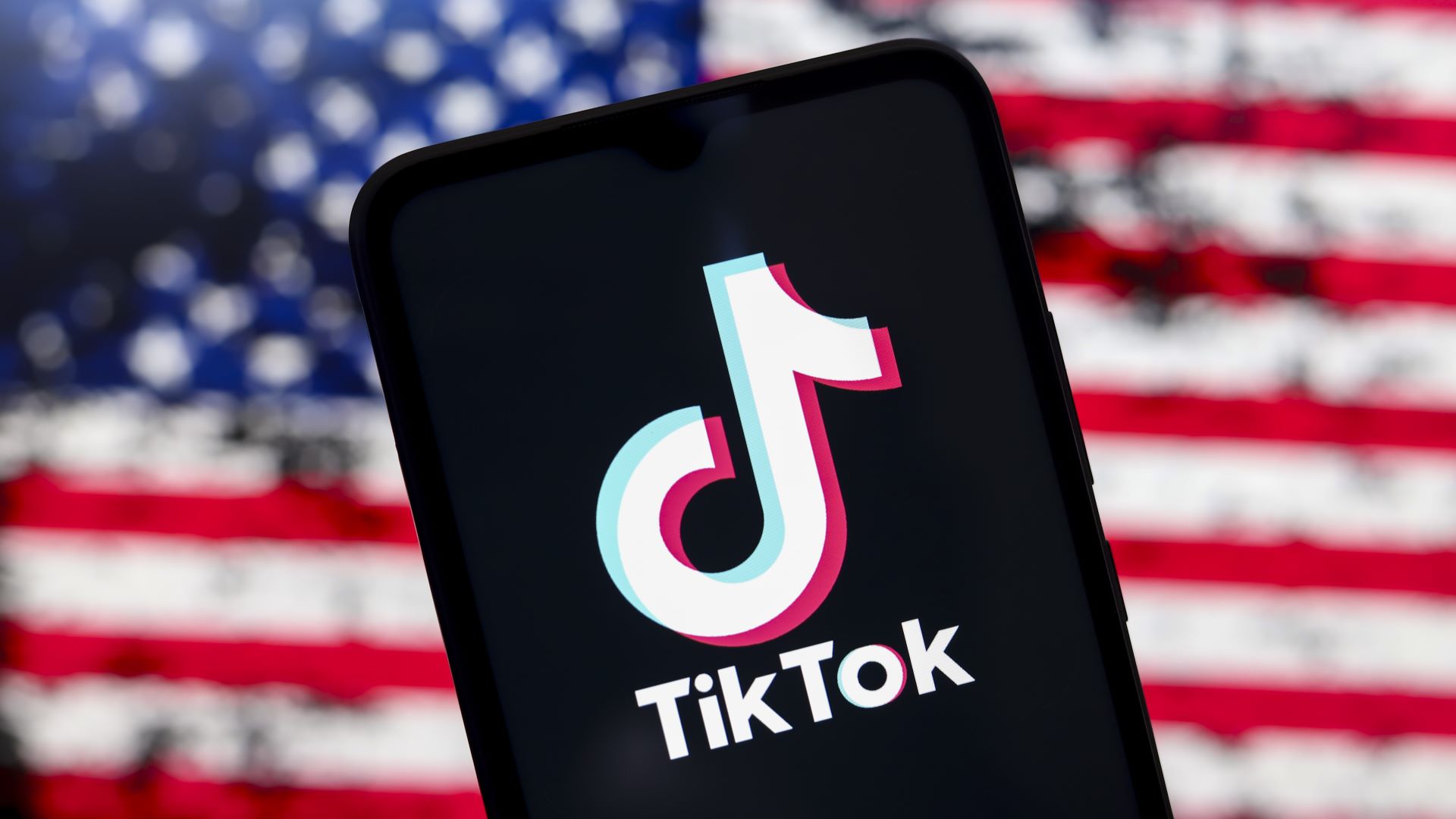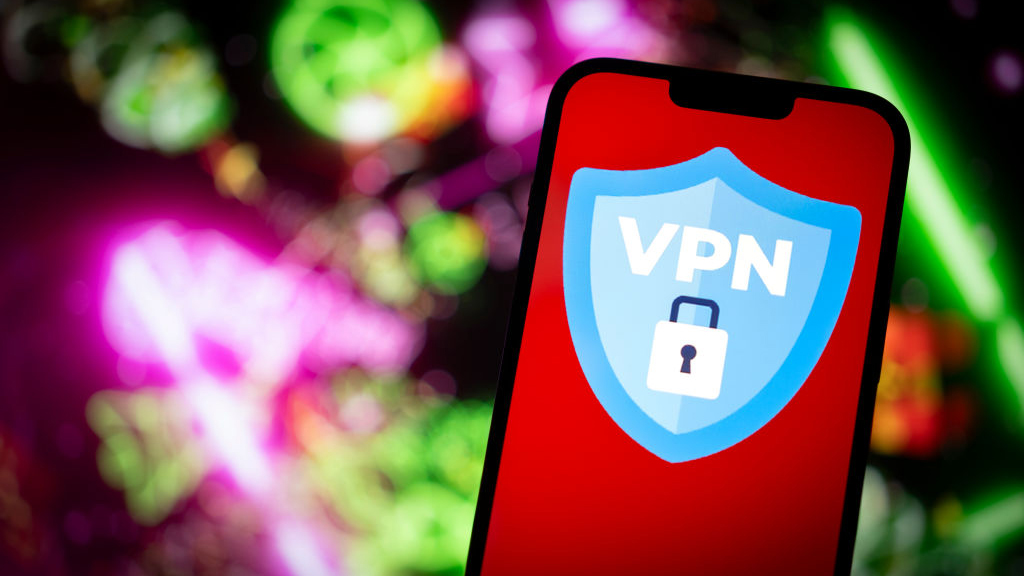
On Friday, January 10, 2025, the US Supreme Court is set to decide the fate of American TikTok users after listening to the company's final plea—whether or not to pass a law banning the popular video-sharing app in the country.
When he signed a foreign aid bill back in April, outgoing President Joe Biden gave a nine-month deadline for China-based ByteDance. TikTok's parent company had to choose: to divest or be banned in the United States. Although it can be extended, the deadline is expected to expire on January 20.
The main arguments against TikTok include child harm, national security, foreign influence, and, well, data privacy. Lawmakers are especially worried about the Chinese ownership of a platform that now serves around 170 million monthly active users in the US, which may be used as a tool for spying and political manipulation. Yet, banning TikTok is far from a solution to Americans' data privacy problems.
Not only a TikTok problem
Let's start with the obvious elephant in the room: TikTok isn't the only online platform that poses a risk to Americans' data privacy.
TikTok is certainly well-known for its invasive privacy policy. If you decide to open an account, be ready to surrender tons of personally identifiable information. These include (but aren't limited to) your name, age, email address, and profile image, alongside all the details of everything you do on the platform like the posts you share, the messages you send, or your data location.
Doesn't this sound familiar, though? Probably because it's exactly how Meta, the US-based parent company of Facebook, Instagram, Threads, and WhatsApp, also operates. Worse still, Meta's owned platforms are much more popular in the country, with Facebook alone amassing almost 4 billion monthly active US users at the end of 2023.

If TikTok were to be banned in the US, you'd need to use one of the best VPN services to keep accessing the platform. A VPN masks your real IP address location making you appear as browsing from a completely different country.
I know what you're thinking – TikTok is a Chinese company and therefore Americans' data are more at risk of going into the hands of a foreign government.
This concern was further reinforced at the end of 2022 when four ByteDance employees were fired for obtaining the usage data of US journalists. Reporters' IP address locations, including former BuzzFeed journalist Emily Baker-White and Financial Times journalist Cristina Criddle, were illegally collected to track down sources leaking internal information.
This was the turning point that deemed TikTok a national security threat and fueled a wave of bans from all government devices in and out of the United States.
Yet, many examples have shown time and time again that Americans’ data aren't certainly safer in the hands of US-based companies. Consider all the privacy scandals Meta has been involved with so far. Everyone remembers the 2018 Cambridge Analytica scandal which involved the data of 87 million Facebook users being misused for targeting political advertising, right?
Besides, hackers don't need a platform they control to steal Americans' sensitive information. Take the recent Salt Typhoon attack, for instance. The "unprecedented cyberattack" on all major US telecoms is a stark reminder of the fragility of the country's data security system.
What we need is better regulations
Data privacy and security concerns around TikTok are certainly legitimate. As explained earlier, however, these aren't limited to the Chinese video-sharing platform. Banning the app won't do anything to improve people's privacy online.
Instead, stricter data protection rules are needed, alongside clearer obligations for larger tech companies to consider their influence on society. If the EU is topping this category – think first-of-kind legislation like GDPR and the Data Service Act – then the United States appears less than a superpower.
The US authorities should address the underlying problems of surveillance-based business models
Lauren Armistead, Deputy Director, Amnesty Tech
Research conducted by VPN provider Private Internet Access (PIA) in 2023 showed a clear imbalance of data protection across states. If the likes of California, Connecticut, Colorado, Virginia, and others have clear data-sharing policies in place, for example, the US still lacks comprehensive data privacy legislation on a federal level. Two years later, not much has changed.
There have been attempts over the years – the last being the American Privacy Rights Act landing in Congress back in April – but the proposal seems to be lying on the slush pile of the outgoing administration. It's early to say what a new Trump mandate would mean for American data privacy rights, but a comprehensive privacy bill doesn't look like a priority in the near term.
What's certain, however, is that a US TikTok ban may end up creating more problems – think of all the implications to people's rights like free speech and free access to information – than actually solving them.
As Deputy Director at Amnesty Tech, Lauren Armistead said: "Rather than handing out arbitrary bans, the US authorities should address the underlying problems of surveillance-based business models by introducing regulations that govern all tech platforms to truly protect our human rights in the digital age."







